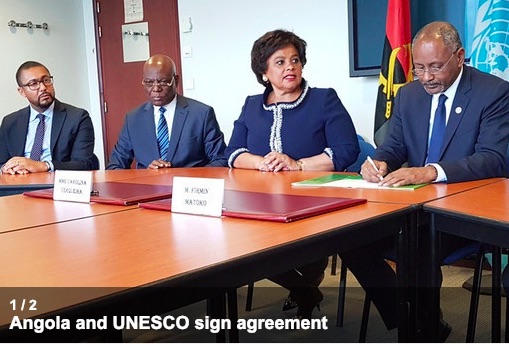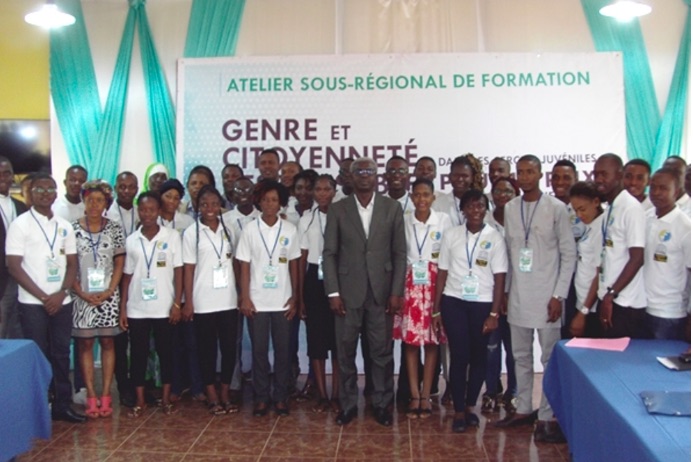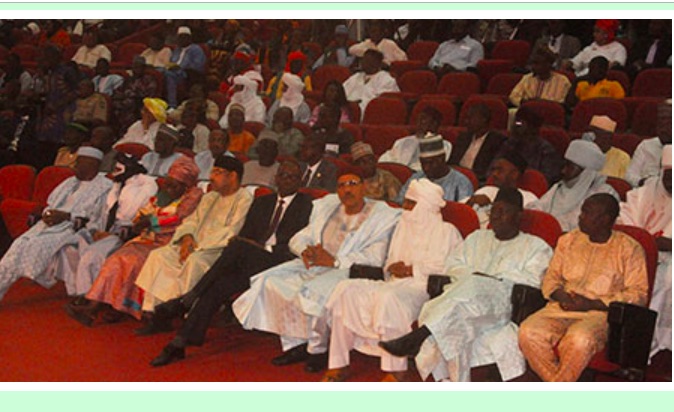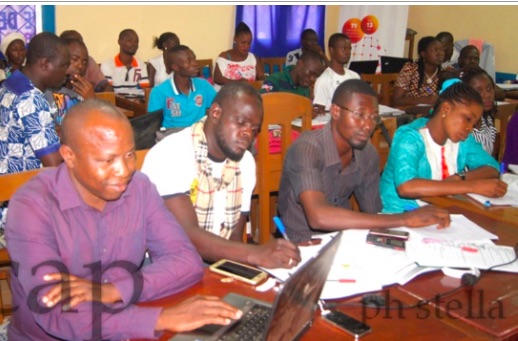. . DEMOCRATIC PARTICIPATION . .
An article from Relief Web (translation by CPNN)
The Peace and Security Council of the African Union (AU), at its 815th meeting held on 4 December 2018, adopted the following decision on the report of the Commission on Elections in Africa:

The board,
1. Takes note of the presentation by the AU Commissioner for Political Affairs, HE Ms. Minata Samate Cessouma, of the report of the African Elections Commission on the twelve (12) national elections held from January to November 2018, namely: in Djibouti, Sierra Leone, Egypt, Mali, Zimbabwe, Mauritania, Rwanda, Eswatini, Gabon, Cameroon, Sao Tome and Principe and Madagascar. The Council also takes note of the communications on the forthcoming elections of December 2018, in particular in Madagascar (second round of presidential elections), Togo and the DRC, as well as on the three elections scheduled for the first quarter of 2019 (Nigeria, Senegal and Benign). The Council further notes the statements of Mauritania, Madagascar, the Democratic Republic of the Congo, Nigeria, Egypt and Gabon;
2. Reaffirms its commitment to endorse the process of democratization on the continent, in accordance with the relevant AU instruments, in particular the Constitutive Act, the Protocol for the Establishment of the Peace and Security Council of the African Union as well as the Charter of Democracy, Elections and Governance;
3. Stresses once again the crucial nature of proactive action and preventive diplomacy aimed at combating all forms of election-related violence, early warning and conflict prevention. In this regard, the Council reiterates the central role of credible elections in the consolidation of peace and democracy, bearing in mind that failures, irregularities and bad practices in electoral processes are key factors in election-related violence in Africa;
(Click here for the original version of this article in French.)
Question related to this article:
How should elections be organized in a true democracy?
Can the African Union help bring a culture of peace to Africa?
4. Commends all the Member States that have successfully organized peaceful elections and encourages those who have not yet held their own elections to draw on good practices already observed in other Member States. The Council further encourages all Member States to continue to take appropriate measures to ensure the credibility and legitimacy of their results, inter alia, through an effective and transparent voter registration process, civic education based on inclusion, diversity management, tolerance and the culture of peace, and reiterates the importance of using legal channels to resolve election-related challenges;
5. Stresses the need for strong constitutional, institutional and legal frameworks to establish a strong foundation for electoral governance and administration. In this regard, the Council reiterates the AU’s call for Member States to continue their efforts to strengthen the National Electoral Management Bodies (EMBs) in Africa, as well as their institutional capacities, with a view to help them fulfill their mandate and build their capacity to better deal with pre- and post-election tensions and disputes;
6. Reaffirms the need to strengthen citizens’ participation in electoral and democratic processes, through appropriate mechanisms encouraging citizens to take part in elections. In the same context, the Council recognizes the central role of political parties in electoral and democratic processes and calls on Member States to strengthen their institutional framework, in order to allow wider and more inclusive political participation in electoral processes and risk reduction. election-related violence;
7. Reiterates its appeal to Member States to take appropriate measures to strengthen gender equality and women’s empowerment through electoral and democratic processes;
8. Encourages the Commission, through appropriate channels, to share with the Member States concerned the results and recommendations of the Election Observation Missions with a view to contributing to their capacity to conduct electoral processes;
9. Calls on all AU Member States, which have not yet done so, to sign, ratify, integrate into their legislation and implement the African Charter on Democracy, Elections and Governance;
10. Decides to remain actively engaged with the matter.









